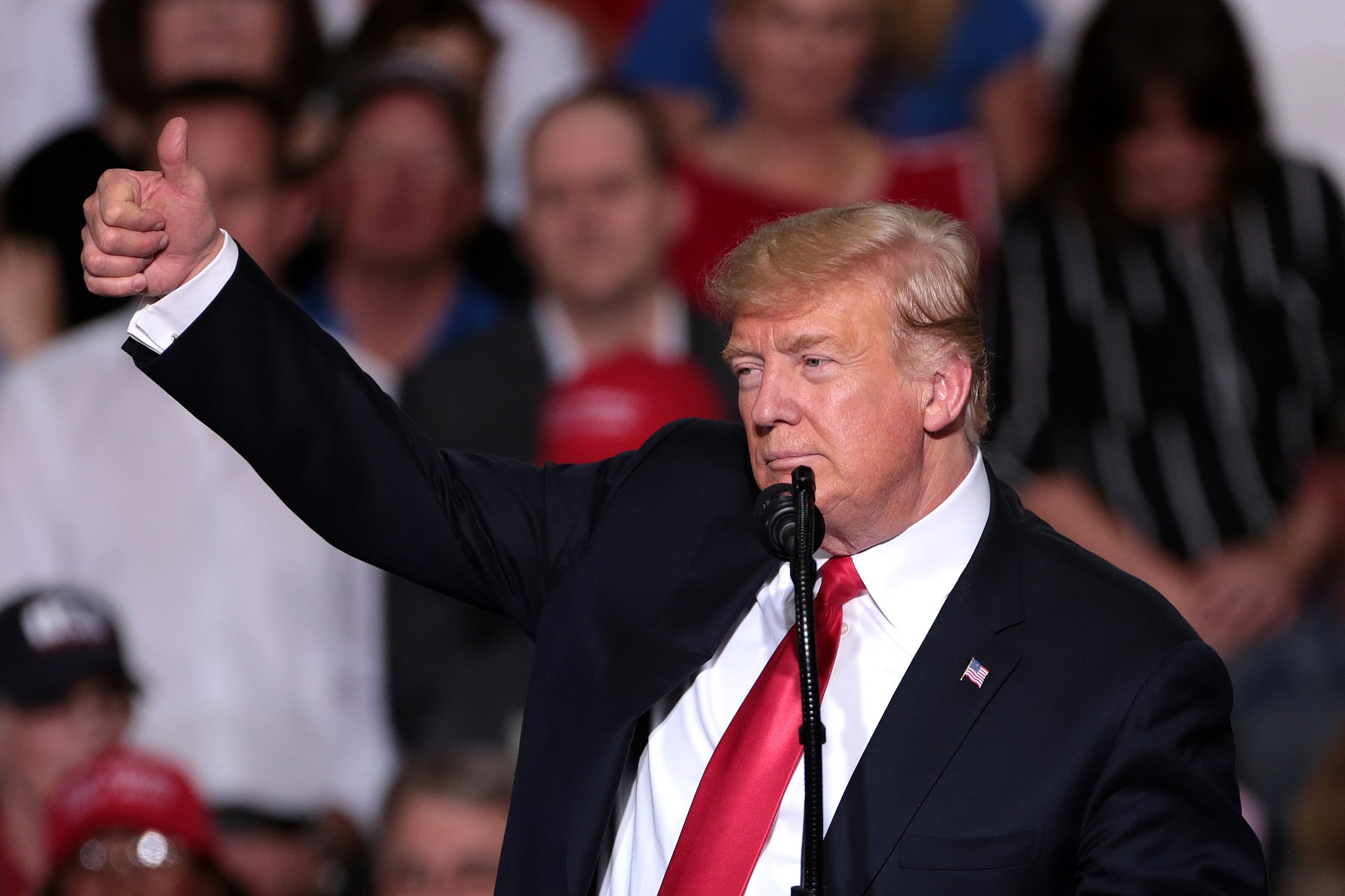Biden’s DOJ Brings Down Trump
A legal expert now claiming that Donald Trump may potentially face heightened charges under the Espionage Act by the Department of Justice, if the claims made in a significant report by the Washington Post are proven to be true.
According to Raw Story, attorney Norm Eisen, in his MSNBC column, expressed that there exists substantial evidence to potentially indict the former president for obstruction of justice due to his failure to return government documents that were unlawfully acquired and concealed at Mar-a-Lago. However, reports suggesting that Trump carelessly left these documents exposed and potentially shared them with others significantly exacerbate his legal jeopardy.
Eisen emphasized that the recent report indicates a significant escalation in Trump’s legal challenges, transitioning them from a problematic state to an even more severe one during the past week.
The attorney further elaborated on the potential consequences, stating that if Trump indeed exhibited classified documents to individuals at Mar-a-Lago, it would compound the existing legal liabilities already attributed to him. Merely by possessing and retaining the documents, Trump could be held liable for the intentional possession and retention of classified materials related to national defense. According to section 793(e) of the Espionage Act, it is considered a criminal offense for an unauthorized individual to willfully withhold classified documents and fail to hand them over to a duly authorized officer or employee of the United States.
Nevertheless, as the attorney explained, the recent reports suggest that the former president could potentially confront even graver charges.
In his explanation, the attorney clarified that purposefully exhibiting classified documents to unauthorized individuals, as indicated in the reports by the Washington Post and the Times, would surpass the act of retaining classified documents, which is prohibited by the statute. Such actions would likely constitute a more severe violation of the Espionage Act, specifically the provision that forbids the willful communication, delivery, or transmission of classified documents.
Eisen asserted that the Department of Justice’s case against Trump is gaining clarity and potentially becoming more incriminating, with the potential consequences for Trump becoming increasingly dire.
Eisen also pointed out that special counsel Jack Smith may possess additional evidence or information pertaining to the former president. He further emphasized that Trump’s tendency to evade accountability through dishonesty will not be effective within the legal system, as he will be subject to the rule of law.






